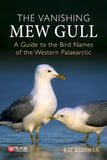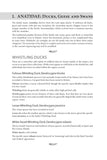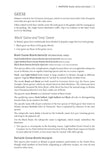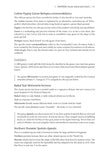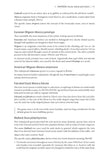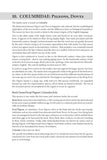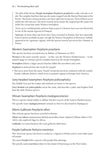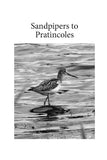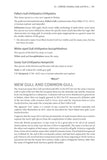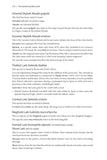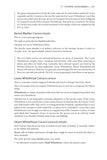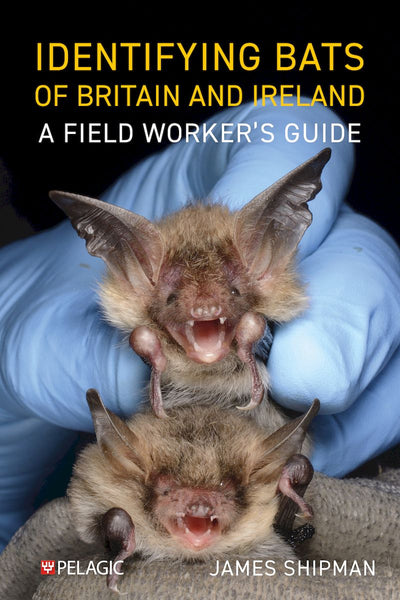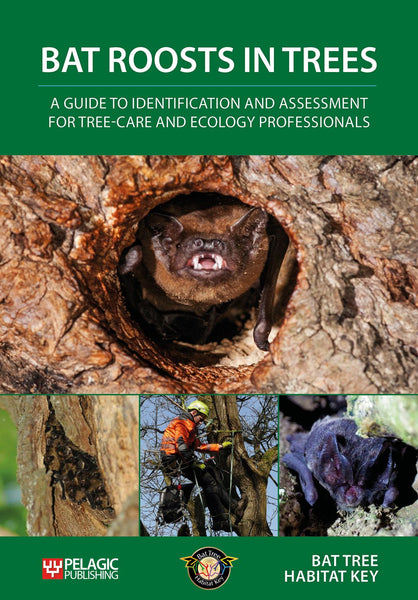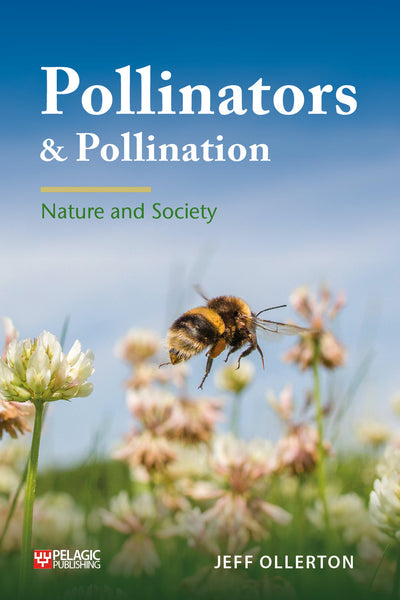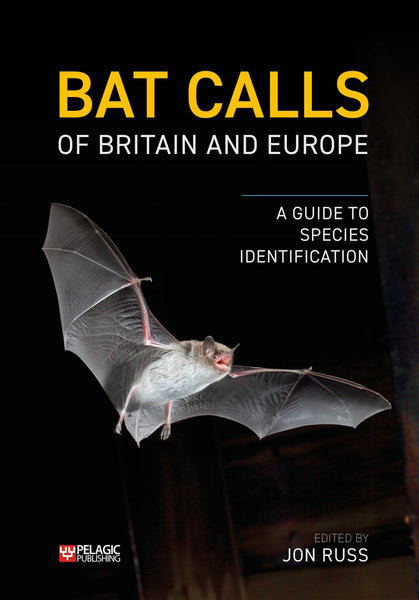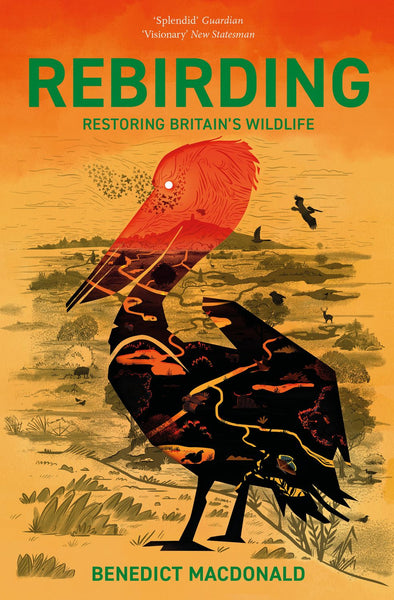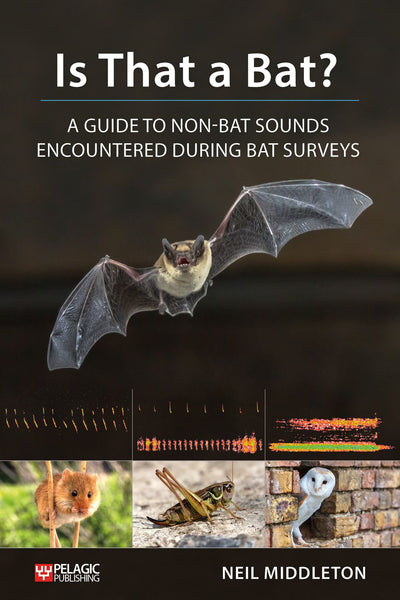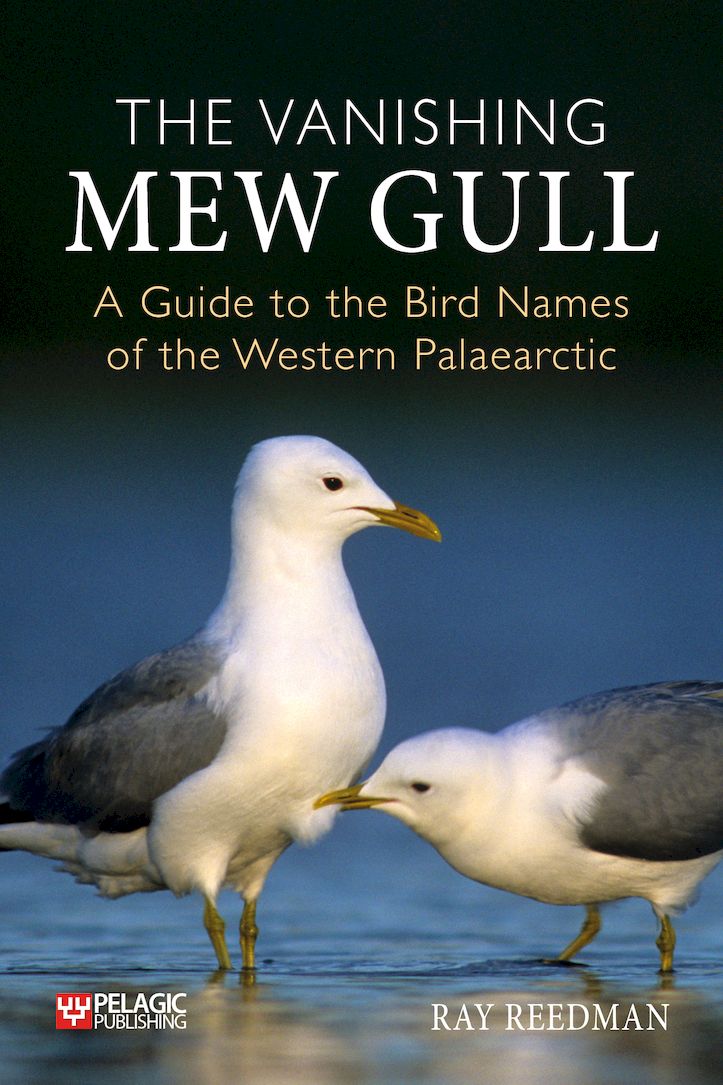
The Vanishing Mew Gull
A Guide to the Bird Names of the Western Palaearctic
- A comprehensive dictionary of bird names of the Western Palaearctic.
- Vernacular and scientific names are covered, as well as their history.
- Classification and nomenclature discussed, as well as the evolution and development of modern names.
- This is a unique resource for anyone interested in how the names have evolved, what they mean, and how errors and misunderstandings have sometimes been perpetuated in the names we now use.
—Neil Bucknell, Vice President, British Ornithologists' Union
- bird names
- birds
- nomenclature
- ornithology
- taxonomy
- western palaearctic
- western palearctic
Description
Modern taxonomic studies have created a revolution in the genetic sequencing of bird families and have resulted in confusing changes to the names of many species, particularly in the scientific nomenclature. This book presents all the birds of the Western Palaearctic under the latest taxonomic scheme followed by the International Ornithological Congress. The geographic scope embraces about 10% of the world’s bird species, covering almost 1,100 in total. Each species is considered in order, discussing aspects of both vernacular and scientific names, as well as supplementary information such as status, appearance and history. An introduction elucidates the history of the linguistic elements concerned, taking into account the major languages of Europe, and offers a condensed analysis of the ‘authority’ for any bird names.
Good dictionaries of avian names are thin on the ground: most are only partial in coverage, and the majority are word-centric. Hence, British and European birds have long lacked a work that truly wraps the names – both vernacular and scientific – around the birds themselves.
This reference will be appeal to any bird enthusiast, but also to those seeking out the background on particular species or simply trying to make some sense of what can seem like a somewhat confused scenario. Filling a critical gap, it will be a useful tool for any student of ornithology, whatever their level of experience.
DOI: 10.53061/XNWK2436
Table of Contents
Preface
Acknowledgements
About this book
The linguistic background
WILDFOWL AND GAMEBIRDS
NIGHTJARS TO PIGEONS
RAILS TO FLAMINGOS
BUTTONQUAILS TO PAINTED-SNIPES
SANDPIPERS TO PRATINCOLES
GULLS TO TROPICBIRDS
DIVERS TO SHEARWATERS
STORKS TO PELICANS
OSPREY TO MOUSEBIRDS
HOOPOE TO PARROTS
TYRANTS TO LARKS
BULBULS TO SILVIID BABBLERS
PARROTBILLS TO TREECREEPERS
MOCKINGBIRDS TO CHATS ETC.
DIPPERS TO PIPITS
FINCHES TO CARDINALS
Glossary and explanatory notes
Organisations and their acronyms
Who’s who? The names behind the names
References
Photographic captions and credits
Index of vernacular names
Index of scientific names
Reviews
- Ray Reedman has produced a comprehensive etymology of both the English vernacular and scientific names of all Western Palearctic bird species. If you have ever wondered who Stejneger was, or what is the origin of the name Scoter (if known!), this is the book for you. This is a unique resource for anyone interested in how the names have evolved, what they mean, and how errors and misunderstandings have sometimes been perpetuated in the names we now use.
—Neil Bucknell, Vice President, British Ornithologists' Union - With so much interest in the nomenclature of birds, Ray Reedman’s latest book provides a timely addition to the genre... a very accessible, informative, and genuinely enjoyable read.
—Jon Carter, BTO News - Absolutely spot-on... I very much look forward to losing myself repeatedly and often in its pages.
—John E. Riutta, The Well-read Naturalist - This book is a must-have for anyone with a serious interest in ornithological etymology!
—Ian Paulsen, The Birdbooker Report - I’d suggest that every bird club in the country ought to get a copy of this book... Is it an impressive achievement? - yes it is.
—Mark Avery, author and environmental campaigner - It's full of stuff I knew, and a great deal more that I did not. I know just how many hundreds of hours go into researching this stuff and admire it greatly. The result is accessible, fascinating and very nicely put together. Terrific!
—Bo Beolens, fatbirder.com - There is a lot of interesting information in this book, and many Western Palearctic birders will learn much from it.
—Nigel Redman, British Birds - Ray Reedman explains in a fascinating way the origin of both the common names and the scientific names of our Western Palaearctic birds... This is certainly a must-have book for anyone interested in birds.
—Hein van Grouw, IBIS - ...a well-researched reference for professional ornithologists, birders, and listers through to those with only a minor interest. However much one knows, there is bound to be something intriguing.
—Richard Mearns, Ornithological Applications - Be prepared to learn plenty! ...The book's format is pleasantly easy to navigate or to dip in and out of at will. I found it addictive and absorbing.
—Josh Jones, Birdwatch - I believe that this book will remain for many years the must-have reference for anyone wanting to know the etymology of English and Latin bird terms.
—Bruno Massa, Avocetta
About the Author
After graduating in French in 1962, Ray Reedman taught at an independent school, retiring as Senior Master in 1998. He has since focused on a variety of activities related to ornithology, including organising programmes, courses and field trips. He has also travelled and birded extensively abroad. His 2016 publication, Lapwings, Loons and Lousy Jacks: The How and Why of Bird Names, blends his love of language, literature and history with his enthusiasm for all matters ornithological.Bibliographic Information
 398 pages
398 pages - 17 b&w photos
- BISAC SCI070040, SCI087000, NAT004000
- BIC PSVW6, PSAB, WNCB






